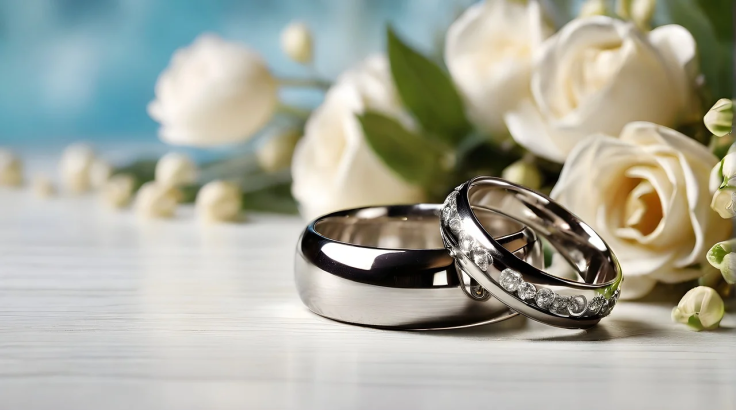
The Massachusetts Supreme Judicial Court has ruled that engagement rings must be returned to the person who bought them if the marriage is called off, irrespective of who may be at fault.
Friday's decision reportedly involves a $70,000 Tiffany & Co. diamond ring at the center of a legal dispute between Bruce Johnson and his former fiancée, Caroline Settino.
The case overturns a Massachusetts rule dating back over 60 years, which previously required courts to examine whether one partner's behavior caused the relationship to end.
According to court records, Johnson proposed to Settino in 2017, gifting her a diamond engagement ring. He also purchased wedding bands.
However, conflicts later surfaced between the couple, leading Johnson to call off the engagement, the Associated Press reported.
During the breakup proceedings, Johnson sought to reclaim the engagement ring.
The trial court ruled in favor of Settino, allowing her to retain the ring.
An appeals court later reversed the decision and the case was appealed in front of the state's highest court.
In a departure from previous Massachusetts cases, the Supreme Judicial Court justices stated that engagement rings are conditional gifts that must be returned if the marriage does not occur, regardless of fault.
"We now join the modern trend adopted by the majority of jurisdictions," the court's decision stated, according to Reuters, "and retire the concept of fault in this context."
The ruling aligns Massachusetts law with other states that do not require fault-based assessments in such cases.
"This ruling is both fair and forward-thinking," Johnson's attorney, Stephanie Taverna Siden, said. "It represents a more modern approach to family law."
While the court has adopted a "no-fault" stance, opinions remain divided on how such laws should evolve. Nicholas Rosenberg, representing Settino, voiced disappointment in the ruling, arguing that it relies on "outdated notions" and could create a loophole around conditional gift laws.
Rebecca Tushnet, a Harvard Law professor specializing in engagement ring law, also expressed mixed feelings, suggesting the court could have considered allowing the recipient to keep the ring.
"The court calls an engagement ring a conditional gift," Tushnet noted, "but this rule doesn't necessarily apply to other conditional gifts."







